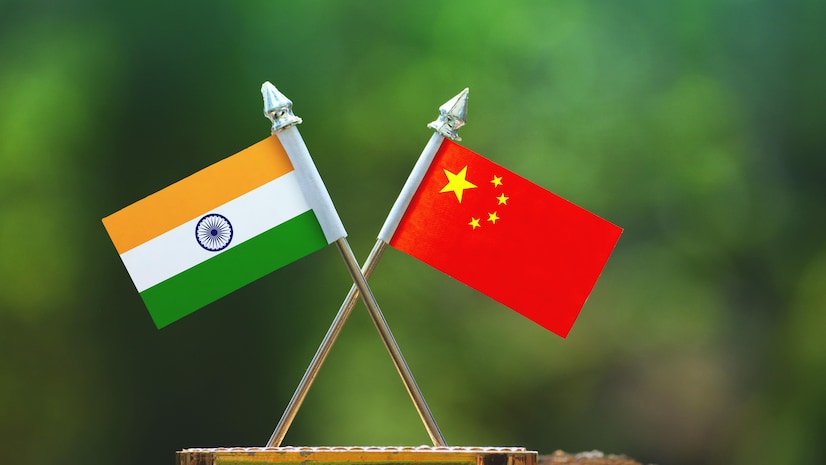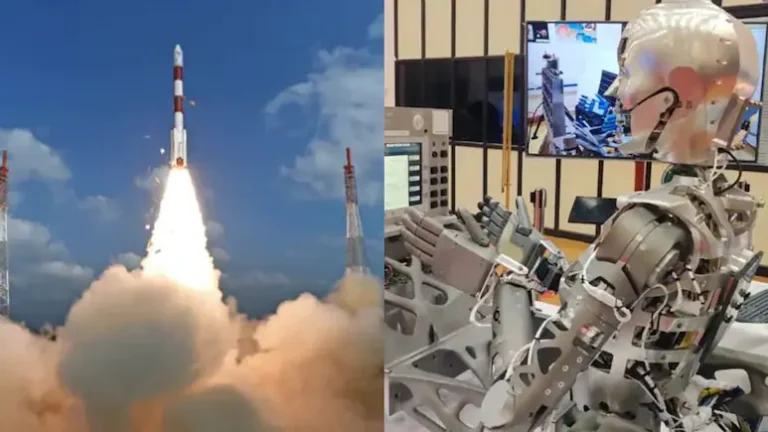China Protests India’s Opening of Taiwan’s Office in Mumbai
Summary
On October 18, 2024, China protested against India for allowing Taiwan to open a new representative office in Mumbai, accusing India of violating the “One China” policy. While Taiwan has offices in New Delhi and Chennai, this new opening escalates tensions between China and India, given Beijing’s sensitivity about Taiwan’s international presence. India’s response has yet to be officially confirmed, but the event highlights growing complexities in India-China relations.
The Rising Tension: China Protests India’s Move Over Taiwan’s Office in Mumbai
Introduction
Global geopolitics can be as delicate as walking on a tightrope, and recent developments between China and India are no exception. In an unexpected move, India allowed Taiwan to open a representative office in Mumbai. This seemingly small action has sparked diplomatic tensions, with China voicing its strong disapproval. So, why is this move so controversial, and how does it impact India-China relations? Let’s dive into the details.
What Sparked China’s Protest?
Taiwan’s New Office in Mumbai
On October 18, 2024, Taiwan officially opened a new representative office in Mumbai. Taiwan already had offices in New Delhi and Chennai, so why has this new opening led to such strong protests from China? The answer lies in the geopolitical sensitivities surrounding Taiwan’s international presence.
China views Taiwan as a breakaway province and strongly opposes any country that acknowledges or engages diplomatically with the island. For Beijing, the presence of Taiwan’s representative offices in foreign countries is tantamount to supporting Taiwan’s sovereignty—something that China has been fiercely fighting against.
The “One China” Policy
To understand why this is such a big deal, we need to unpack the “One China” policy. This policy is the bedrock of China’s diplomatic relationships around the world. Countries that wish to engage with China must agree to recognize only one China—that is, the People’s Republic of China (PRC)—and cut official ties with Taiwan. Over the years, most countries, including India, have adhered to this policy to maintain strong ties with Beijing.
By opening a new office in Mumbai, Taiwan is expanding its diplomatic footprint in India, and this is seen by China as India veering off its traditional stance on the “One China” policy.
Why is India Taking This Step?
India-Taiwan Relations in a New Light
While India doesn’t officially recognize Taiwan as a separate country, it has been quietly increasing its economic and cultural ties with Taiwan over the years. With growing tensions between India and China, particularly after the border skirmishes in the Galwan Valley in 2020, India has been looking to diversify its diplomatic engagements in Asia. Taiwan, with its booming tech industry, offers lucrative trade opportunities, especially in semiconductors and technology manufacturing.
Strategic Significance
Taiwan holds strategic importance for India’s broader foreign policy goals, including reducing dependency on Chinese goods and building stronger alliances within Asia. By opening a new office in Mumbai, Taiwan is signaling its intention to strengthen ties with India, especially in trade and investment.
While the move may not signal a complete shift in India’s “One China” policy, it reflects a balancing act. India is trying to send a message to China that it is not afraid to explore relationships with Taiwan, even as it manages a tense relationship with Beijing.
China’s Response: A Diplomatic Firestorm
China’s Protest
China’s response to the opening of Taiwan’s Mumbai office has been swift and strong. Beijing lodged a formal protest with India, accusing it of violating the “One China” policy. According to Chinese officials, the new office is seen as a direct affront to China’s territorial integrity, and they have urged India to shut it down.
Global Implications
This diplomatic protest is not just a bilateral issue between India and China. It also ties into broader global geopolitics. As Taiwan continues to seek international recognition, China is growing increasingly aggressive in pushing countries to sever ties with the island. However, India’s decision to allow Taiwan’s new office could inspire other countries to take similar steps, challenging China’s rigid stance on Taiwan.
India’s Response: A Delicate Balance
India’s Position on the “One China” Policy
While India has not officially responded to China’s protest, it is likely to maintain its position of ambiguity. India has historically adhered to the “One China” policy but has also quietly strengthened its ties with Taiwan in areas like trade, investment, and education. This balancing act allows India to maintain diplomatic relations with China while also building a relationship with Taiwan.
The Domestic Angle
Within India, the opening of Taiwan’s new office has been met with mixed reactions. Some see it as a bold move that asserts India’s independence in its foreign policy, while others worry that it could provoke more aggression from China. With both domestic and international stakes high, the Indian government will need to tread carefully.
How Does This Impact India-China Relations?
Tensions on the Rise
India and China have had a strained relationship for several years, and incidents like these only add fuel to the fire. The two countries have already faced off in deadly border clashes, economic restrictions, and diplomatic spats. By allowing Taiwan to open a new office, India is sending a message to China that it won’t be bullied into submission. However, this move could further escalate tensions, particularly if China takes retaliatory steps, such as increasing military presence along the border or imposing economic sanctions.
Economic Consequences
China is one of India’s largest trading partners, and any diplomatic row between the two nations could have economic repercussions. If China decides to retaliate economically, it could lead to disruptions in trade and investments, particularly in sectors like electronics, pharmaceuticals, and manufacturing. However, India may also be positioning itself to reduce its dependency on China by strengthening ties with other nations, including Taiwan.
Taiwan’s Growing Role in the Indo-Pacific
The Indo-Pacific Strategy
Taiwan is playing an increasingly important role in the Indo-Pacific region, particularly as tensions rise between China and the United States. India, as a key player in the Indo-Pacific, may be looking to build stronger ties with Taiwan to counterbalance China’s growing influence. This move aligns with India’s broader strategy of diversifying its alliances in the region and strengthening its presence in global trade networks.
Tech and Trade Relations
One of the key areas where Taiwan and India can collaborate is technology, particularly in semiconductors. Taiwan is a global leader in chip manufacturing, and as India looks to boost its tech industry, stronger trade relations with Taiwan could be mutually beneficial. The opening of the new office in Mumbai could pave the way for more robust economic ties in this sector.
Conclusion: A New Chapter in India-China-Taiwan Relations
The opening of Taiwan’s office in Mumbai has created ripples in the already turbulent waters of India-China relations. While India is not abandoning its commitment to the “One China” policy, this move reflects a growing assertiveness in its foreign policy. As both nations continue to navigate these choppy waters, the world will be watching closely to see how this latest development plays out. For now, one thing is clear: the India-China relationship is entering a new phase, and Taiwan is at the center of it.
FAQs
- Why did China protest the opening of Taiwan’s office in Mumbai?
China protested because it views Taiwan as part of its territory and opposes any foreign engagement with the island. - What is the significance of Taiwan’s new office in Mumbai?
The new office signals growing ties between Taiwan and India, particularly in trade and technology sectors. - Will this affect India-China relations?
Yes, this move is likely to escalate tensions between India and China, particularly given their already strained relationship. - Does this mean India is changing its stance on the “One China” policy?
Not necessarily. India continues to adhere to the “One China” policy but is exploring closer ties with Taiwan in trade and investment. - How does Taiwan’s role fit into India’s broader foreign policy?
Taiwan is a key player in the Indo-Pacific region, and stronger ties with Taiwan could help India counterbalance China’s influence.




